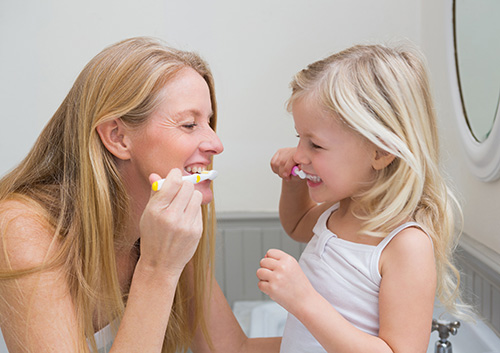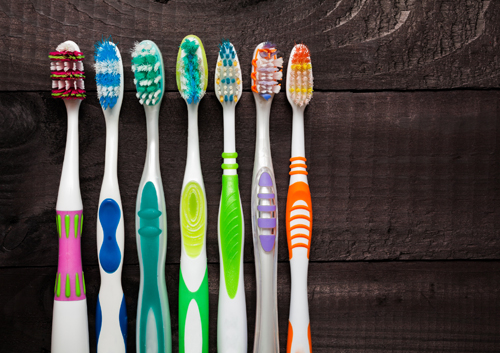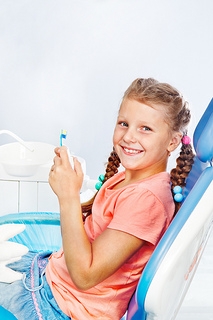What do I do if I fall and loosen my teeth?
April 13th, 2016

Although teeth are strong enough to tear through food, they are also fragile. An accident such as a fall may loosen teeth or knock a tooth out entirely. When a child loses a baby tooth in this manner, no permanent damage is usually done. However, adults who loosen permanent teeth may need to visit our Princeton, NJ office.
The Anatomy of a Loose Tooth
The hard external layer of teeth covers a more vulnerable interior. The center of a tooth consists of the pulp, which contains blood vessels and nerves. The entire tooth extends below the surface of the gums into the jaw. Special tissue called cementum and the periodontal ligament hold teeth in place, preventing them from moving.
When a fall or blow to the face loosens a tooth, the tissues anchoring a tooth to the jaw may be damaged. This results in a loosened tooth that wiggles in place. There may be inflammation or bleeding of the gums, which signals dental damage.
Dental Treatments for a Loose Tooth
The range of dental treatments for loose teeth varies by the severity of the problem. If your teeth are just slightly loose following a fall, it may be fine to wait a few days. Teeth often retighten on their own. Simply avoid chewing with that tooth and enjoy softer foods for a few days.
If a tooth is very loose or nearly falling out, call Dr. Stephen Hudis immediately. Immediate placement of the tooth back into the socket is needed to ensure its survival. In general, a tooth must return to its socket within two hours or it may be lost.
In some cases, Dr. Stephen Hudis may recommend splinting, in which teeth are joined together to strengthen them and reduce strain on an individual tooth. Tightening or straightening the tooth can restore your ability to chew regularly without stressing the loosened tooth.
Regardless of the extent of the problem, it is essential to keep the tooth clean to prevent decay. Brush carefully with a soft-bristled brush, and use mouthwash regularly to kill bacteria.







